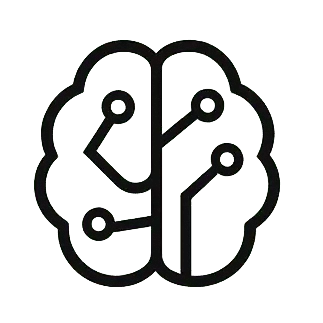TLDR: New research and case studies highlight the transformative potential of generative AI in medical education, enabling personalized learning experiences, enhancing clinical reasoning, and addressing the evolving needs of healthcare professionals. While offering significant benefits, experts emphasize the critical need for ethical frameworks, transparent design, and careful integration to mitigate risks like bias and over-reliance.
The landscape of medical education is on the cusp of a significant transformation, driven by the advent of generative artificial intelligence (AI). Recent studies and case reports underscore the immense potential of AI-powered teaching assistants to deliver personalized learning experiences, refine clinical reasoning skills, and adapt to the diverse needs of future healthcare professionals.
A narrative review published in ‘Medicine’ on August 2, 2024, by Mohammed Almansour and Fahad Mohammad Alfhaid, extensively examined the intersection of generative AI (GAI) and personalized health professional education (PHE). The review highlights that GAI, including large language models (LLMs) like ChatGPT, can dynamically modify course materials and exams based on student performance and learning pace, thereby enabling a more individualized learning journey. This adaptability extends across various levels of medical education, from undergraduate to continuing professional development, and even to patient and public health education. The authors noted a growing interest in GAI applications within medical education, with a significant increase in research and publications on the topic.
Further reinforcing this trend, a case study presented at CHI ’25 on April 30, 2025, detailed the co-creation of an AI-powered tutor prototype specifically designed for clinical reasoning. Researchers, including Amy Wang and Roma Ruparel from Google, collaborated with medical students, residents, and education experts. Their findings indicate that an AI tutor can effectively provide personalized practice and feedback, addressing the common challenge learners face in transitioning from theoretical knowledge to practical application. The study emphasized the importance of context-specific knowledge and emulating positive preceptor traits in the design of such AI tools.
Generative AI demonstrates proficiency in critical clinical reasoning skills such as history-taking and differential diagnosis generation. For instance, studies have shown LLMs performing moderately well in medical licensing examinations and providing comprehensive explanations, sometimes even surpassing the detail found in standardized answer keys. Das et al. (2023) found ChatGPT capable of accurately answering microbiology questions, supporting its role as a personalized learning assistant.
However, the integration of AI in medical education is not without its challenges and ethical considerations. The narrative review by Almansour and Alfhaid, along with other studies, stresses the need for ethical and responsible AI design, addressing potential biases, privacy concerns, and the imperative for transparency. Experts like Lazarus et al. (2022) highlighted tensions in AI integration, particularly in anatomical education, advocating for diversity among AI developers and transparent practices. Concerns also exist regarding the potential for over-reliance on AI, which could undermine students’ critical thinking and creativity. Therefore, establishing clear guidelines for AI use and updating assessment methodologies are crucial to ensure that AI augments, rather than replaces, essential human cognitive development.
Also Read:
- Continuous Feedback and Data Essential for Evolving Gen AI Training Programs
- Microsoft AI Lead Champions Digital Skill Development in South Asia Through Transformative Education in Bangladesh
In conclusion, while generative AI promises to revolutionize medical training by offering unprecedented personalization and support, its successful implementation hinges on a balanced approach that prioritizes ethical considerations, robust validation, and a clear understanding of both its capabilities and limitations. The ongoing research and development in this field are paving the way for a new era of medical education, preparing future physicians for an increasingly AI-enhanced healthcare landscape.


